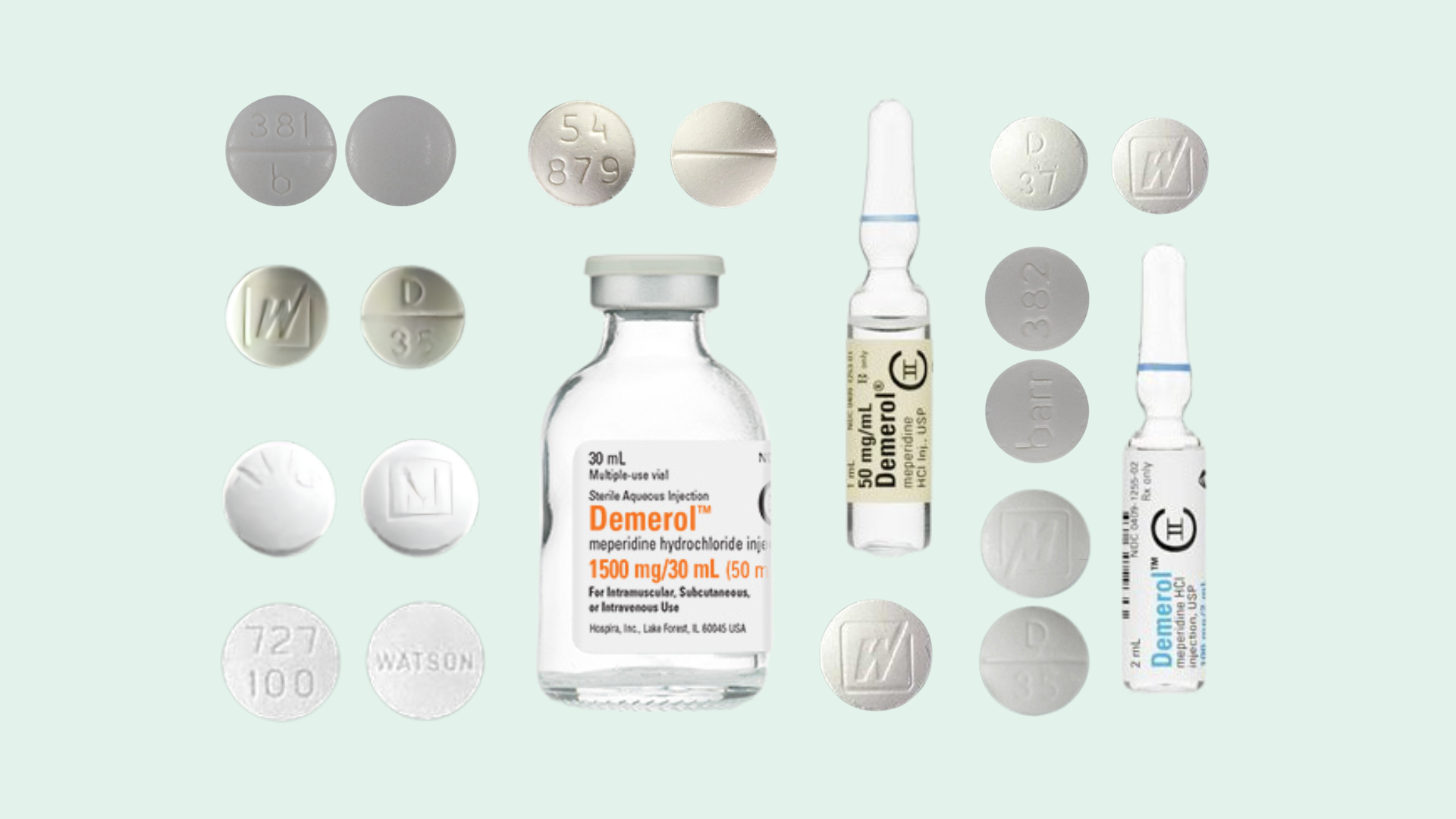Understanding Demerol Abuse and Addiction
Demerol belongs to the class of drugs known as opioids, which also includes substances like morphine and oxycodone. These drugs interact with certain receptors in the brain, affecting the release and reabsorption of neurotransmitters associated with pleasure and pain. When taken as prescribed, Demerol can provide relief from pain and create feelings of euphoria and relaxation. However, prolonged use or misuse of Demerol can lead to physical dependence and addiction.
Addiction to Demerol can occur when a person uses the drug in higher doses or more frequently than prescribed. Some individuals may also develop an addiction due to recreational use or a desire to experience the euphoric effects of the drug. Over time, the brain becomes dependent on Demerol to function normally, leading to cravings and withdrawal symptoms when the drug is not present in the body.
Physical and Behavioral Signs of Demerol Addiction
Recognizing the physical and behavioral signs of Demerol addiction is crucial for identifying the problem and seeking help. While each individual may exhibit different symptoms, common signs of Demerol addiction include:
Physical Signs
- Constricted pupils
- Drowsiness or sedation
- Slurred speech
- Poor coordination or motor skills
- Itching or flushed skin
- Nausea or vomiting
- Constipation
- Changes in appetite or weight
Behavioral Signs
- Increased secrecy or lying about drug use
- Doctor shopping or obtaining multiple prescriptions
- Stealing or borrowing Demerol from others
- Neglecting responsibilities or relationships
- Engaging in risky behaviors to obtain or use Demerol
- Withdrawal from social activities or isolating oneself
It is important to note that these signs may not be exclusive to Demerol addiction and can vary depending on individual circumstances. However, if you notice these behaviors or physical changes in yourself or a loved one, it is essential to seek professional help for further evaluation and support.
Psychological Signs of Demerol Addiction
In addition to physical and behavioral signs, there are also psychological symptoms that may indicate Demerol addiction. These signs can affect an individual’s mental well-being and overall quality of life. Common psychological signs include
- Mood swings or irritability
- Anxiety or panic attacks
- Depression or feelings of sadness
- Cognitive difficulties, such as memory problems or poor concentration
- Changes in sleep patterns, including insomnia or excessive sleepiness
- Loss of interest in previously enjoyed activities
- Difficulty managing emotions or coping with stress
These psychological symptoms can be challenging to manage without professional help. It is essential to address both the physical and psychological aspects of Demerol addiction to achieve lasting recovery.
Impact of Demerol Addiction
Demerol addiction can have significant consequences on various aspects of an individual’s life. The impact of addiction can be far-reaching and affect relationships, work or school performance, financial stability, and physical health. Some of the potential consequences may include
- Strained relationships with family, friends, and loved ones due to deceptive behavior or conflicts related to drug use
- Decline in work or academic performance, leading to job loss or academic setbacks
- Financial difficulties due to spending excessive money on Demerol or legal issues related to drug-seeking behaviors
- Increased risk of accidents or injuries due to impaired coordination and judgment while under the influence of Demerol
- Deterioration of physical health, including respiratory problems, organ damage, and weakened immune system
- Development or worsening of mental health disorders, such as anxiety, depression, or psychosis
Recognizing the potential consequences of Demerol addiction is crucial for motivating individuals to seek help and make positive changes in their lives.
Getting Help for Demerol Addiction
If you or someone you know is struggling with Demerol addiction, it is essential to reach out for help. Overcoming addiction to Demerol is a challenging process that often requires professional treatment and support. There are many treatment options available.
Medical Detoxification
Medical detoxification is the first step in the treatment process, where individuals undergo supervised withdrawal under the care of healthcare professionals. During this phase, medications may be administered to manage withdrawal symptoms and cravings.
Inpatient or Residential Treatment
Inpatient or residential treatment provides a structured and supportive environment for individuals to focus on recovery. These programs typically include individual and group therapy, psychoeducation, and holistic approaches to address the physical, psychological, and emotional aspects of addiction.
Outpatient Treatment
Outpatient treatment offers flexibility for individuals who do not require 24/7 supervision but still need ongoing support. This level of care allows individuals to attend therapy sessions while maintaining their daily responsibilities.
Aftercare and Continuing Care
After completing a formal treatment program, aftercare and continuing care services are crucial for long-term recovery. These services may include medication-assisted treatment(MAT), ongoing therapy, support groups, relapse prevention planning, and access to community resources.
It is important to choose a treatment program that aligns with individual needs and preferences. Seeking professional help is key to overcoming Demerol addiction and building a foundation for lasting recovery.

